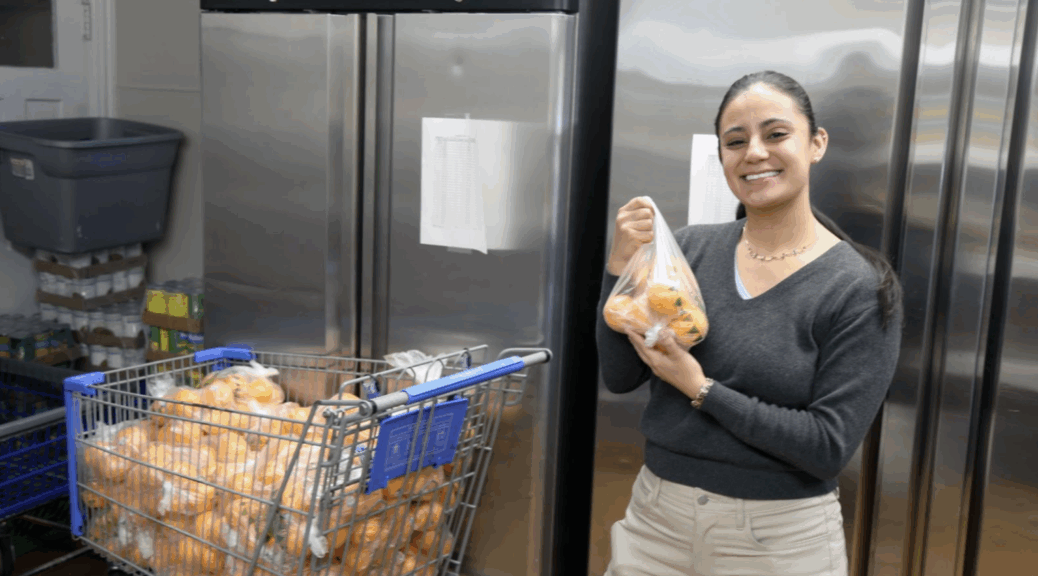By Tanzim Didar
As the housing crisis worsens across New Jersey, according to the National Low Income Housing Coalition, organizations like Catholic Charities in Trenton are stepping in to fill the gap — offering not just emergency support, but pathways to long-term stability.
From food pantries to a Rapid Re-Housing program, the non-profit organization reaches thousands of people each year in Mercer County and beyond.
“We have several different residential programs,” said Hollis Painting, community communications manager at Catholic Charities. “We help people maintain their housing and not lose it. Our services extend outside of Trenton, including Mercer, Burlington and Monmouth Counties.”
In New Jersey, there has been a significant decrease in affordable rental housing that is available to low-income families whose income falls below the poverty line. About 75% of low-income renters are dealing with major cost burdens. Additionally, about 43% of these individuals are single caregivers. These individuals spend more than 30% of their income towards rent, leaving them with little to no money for basic necessities.
One of the most impactful programs offered by Catholic Charities is their Rapid Re-Housing initiative, Painting said. Funded through federal, state and county sources, the program helps people experiencing homelessness secure permanent housing by covering up-front costs, like the first month’s rent and security deposit.
“This way we can help people start somewhere,” Painting said. “There are some eligibility requirements, but we encourage everyone to call us and find out if they can qualify.”
For those at risk of losing their homes, Catholic Charities also pro- vides Homelessness Prevention services. These services include help with rent, mortgage or overdue utility bills.
“Whatever we can do to help maintain individuals’ homes and help them get back on their feet,” Painting said. “If someone is struggling to pay their rent or mortgage, they can come to us. If they qualify, we can help them with some of their rent.”
In addition to housing support, the organization provides case management services that help people access SNAP benefits, find nearby food pantries or seek employment.
As Painting noted, the need for these services is growing fast.
“These past few months we have noticed an increase in the number of elderly individuals coming to us. But our numbers are up across all the boards,” she said.
In 2024 alone, the Mercer County food pantry served more than 1,200 people.
“The number of people coming to our food pantry is increasing,” Painting said. “It’s very challenging right now.”
Catholic Charities doesn’t stop their support once someone is housed. “Our coordinators actually stay in touch with our patrons after we help them settle,” Painting said. “We want to make sure they’re really okay – not just today, but in the long term.”
In a time when basic needs like housing, food and stability are increasingly out of reach for many, Catholic Charities remains a steady force of hope and support in Trenton.
For anyone facing a housing crisis, Painting has a simple message: “We’re here to help. Call us.”
The organization can be reached at 800-360-7711 or info@cctrenton.org



